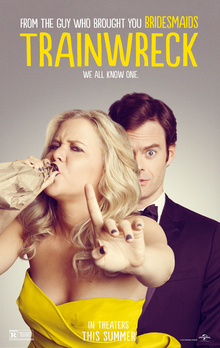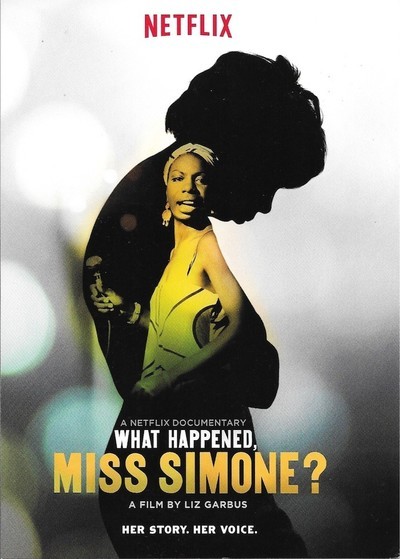 If you have perused the pages of this blog semi-regularly, you are well aware that I love British television. And while England now has multiple channels offering all kinds of mindless and mindful entertainment, the BBC is still going strong, a bastion of quality drama, comedy, news, music, and everything in between. There's currently a Back the BBC campaign underway as they near their 2016 charter review, so there is no better time to recommend W1A, a mockumentary about the ridiculousness of working at the BBC. It comes from the mind of writer-director John Morton, who brought us the glorious Twenty Twelve. I dare you to watch this show and then insist that the BBC still doesn't deserve all its funding. If all they did with the money was provide more episodes of W1A, that would be a satisfactory bargain.
If you have perused the pages of this blog semi-regularly, you are well aware that I love British television. And while England now has multiple channels offering all kinds of mindless and mindful entertainment, the BBC is still going strong, a bastion of quality drama, comedy, news, music, and everything in between. There's currently a Back the BBC campaign underway as they near their 2016 charter review, so there is no better time to recommend W1A, a mockumentary about the ridiculousness of working at the BBC. It comes from the mind of writer-director John Morton, who brought us the glorious Twenty Twelve. I dare you to watch this show and then insist that the BBC still doesn't deserve all its funding. If all they did with the money was provide more episodes of W1A, that would be a satisfactory bargain.
Twenty Twelve was about the hapless Olympics Deliverance Committee (ODC) in charge of the London 2012 Olympics. They were a bunch of bureaucratic fools who got caught up in minutiae, easily losing the big picture when faced with corporate tedium, and their weekly antics were a side-splitting wonder to behold. Well, the Olympics are over, and now the Head of the ODC, Ian Fletcher (Hugh Bonneville), has landed a job at the BBC as the Head of Values. This is a vague corporate title that everyone pretends to understand while simultaneously trying to ferret out exactly what it is he is supposed to be doing. Ian is now thrown in with a brand new lot of corporate stooges who are all bandying about cliches, delegating tasks to each other with abandon, and furiously treading water to keep afloat in the murky waters of the new BBC.
Jessica Hynes also reprises her role as Siobhan Sharpe, the PR executive who made Ian's life hell at the Olympics and is back to make things equally difficult as she tries to rebrand the BBC with her customarily clueless team. Hearing her deliver nonsensical jargon with complete confidence is a joy and watching the people around her react with open-mouthed bewilderment is even more joyous. At first, everyone gets a fair shot to prove their mettle and everyone is presumed to be a genius. It is only after the first few meetings that everyone realizes just how incompetent everyone else is and things unravel rapidly. Throw in the corporate urge to create more ambiguous titles (Head of Inclusivity is good, but Head of Better is simply magnificent), and you get eight episodes of utterly raucous comedy.
W1A mercilessly skewers corporate jingoism in general and the BBC in particular. John Morton's writing continues to be an absolute revelation, each episode bursting with layer upon layer of jokes that will keep you laughing for days. And David Tennant is still around to provide that earnestly serious Scottish voiceover that declaims the most ridiculous things you've heard on television. This is a spectacular show, one of those pinnacles of British comedy that further elucidates why the BBC is such an important cultural institution. The BBC featured in W1A is a hapless mess, but the BBC that has backed Morton and these actors to produce this brilliant show deserves as much love and respect as it can get.





